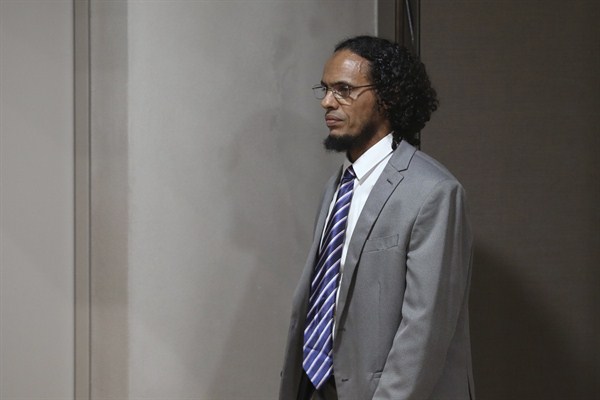Late last month, judges at the International Criminal Court in The Hague issued a landmark verdict, sentencing Ahmad al-Faqi al-Mahdi, a Malian member of a jihadi group tied to al-Qaida, to nine years in prison for the destruction of sacred mausoleums in Timbuktu. For the first time, the ICC prosecuted the destruction of cultural heritage as a war crime, sending a powerful message of international condemnation against the growing use of attacks on cultural heritage as a weapon during war.
Prosecuting the destruction of the Timbuktu mausoleums was a way to respond through law rather than force to similar devastation elsewhere, from Bamiyan, Afghanistan, to Palmyra, Syria, to Mosul, Iraq. The head of UNESCO, Irina Bokova, who until recently was a front-runner to be the next United Nations secretary-general, described the verdict as “the day impunity for the destruction of heritage finally came to an end and as a turning point for justice in Mali and beyond.”
Yet this jubilation overstates the impact of the ICC’s ruling. Due to the specifics of the case against al-Mahdi, the verdict is more of a symbolic victory than a harbinger of other prosecutions for similar acts of destruction of cultural heritage, especially by the self-proclaimed Islamic State. While the case set an important legal precedent, the feasibility of charging, arresting and convicting al-Mahdi contrasts starkly with the challenges of prosecuting other heart-wrenching cases of cultural destruction from Syria to Iraq to Afghanistan.

